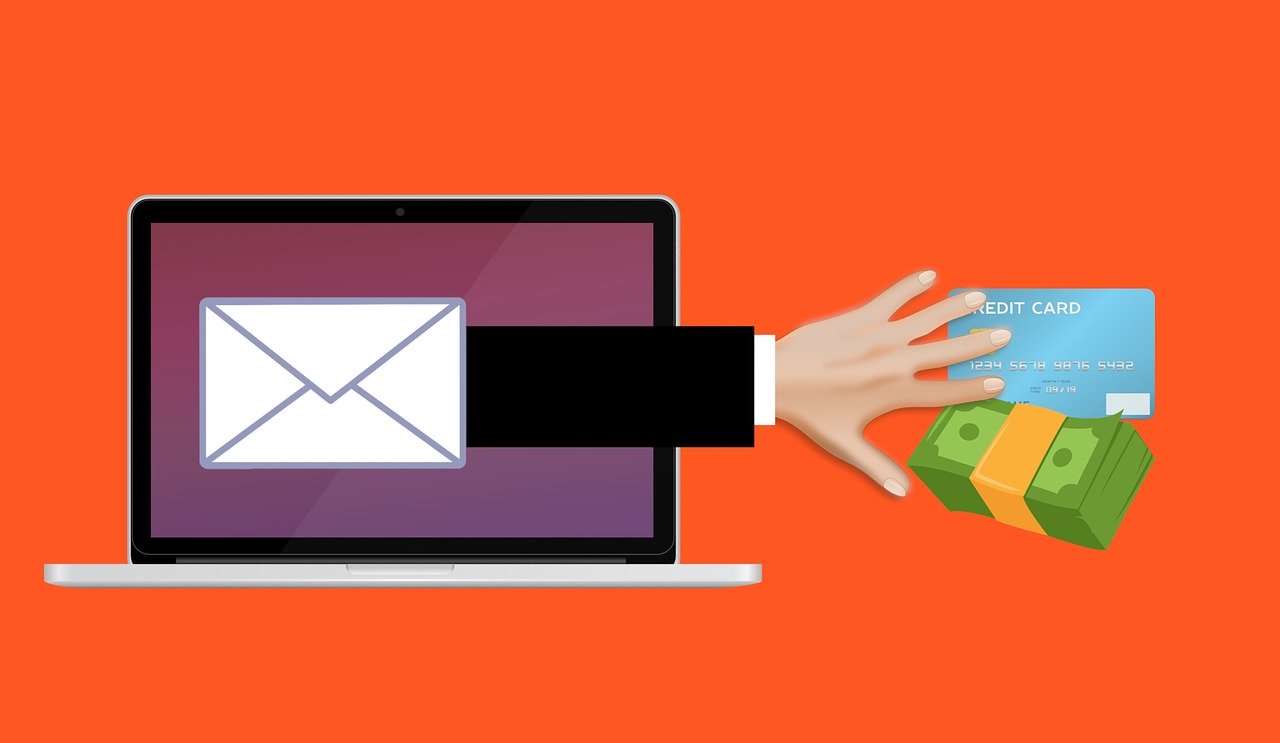Why are data breaches so common these days? This is a question that plagues many corporations, small business owners, and individual internet users alike. One thing that became abundantly clear after the infamous WikiLeaks scandal that left the CIA red-faced when thousands of classified records were leaked and published online. It’s that no institution or entity, not even the government, is immune from cyberattacks.
Cyber intrusions have become more sophisticated and damaging than ever. There’s a growing trend of cybercriminals publishing stolen data online as a tactic to force their victims to cough up the cash. But how do they get their hands on this sensitive information in the first place?
This article takes a deep dive into the cyber world of data breaches to better understand what it is and how it happens.
What Is a Data Breach – Brief Overview
A data breach is a cyberattack in which hackers gain unauthorized access to a computer network, system or database, and steal classified, confidential, or private information. While it might seem like the number of data breaches are at an all-time high, this may not be the case.
The laws in the US and other parts of the world changed, making it mandatory for companies to disclose data breaches. Before the enactment of these laws, corporations were under no obligation to report to the government, public, or affected individuals that their data security had been compromised.

This begs the question, why would a company experience a data breach in the first place?
Reasons for Data Breaches
As is the case with most cybercrimes, the whole point of a data breach is for the attacker to steal something that a business or corporate entity deems valuable. This could be anything from credit card details and bank account login credentials to email addresses and passwords.
The scope of what cybercriminals are after, however, is much wider. They’ll steal any data that a company or an individual wouldn’t want to be in the public domain. For other hackers, it’s simply a “fun hobby” that puts their hacking skills to the test.
On a much smaller scale, a hacker would want to breach your PC to gain access to information that they can use to steal your identity and hijack your financial details, which they can then use to make fraudulent purchases.
It ultimately boils down to what their driving force is.
Some of the methods cybercriminals employ to gain unauthorized access to a computer network, and its data include:
1. Taking Advantage of a System’s Vulnerabilities
This data breach method is commonly referred to as an “exploit”. It occurs when a cybercriminal uses a system’s or network’s security vulnerabilities to gain access. These weaknesses may not be easy to identify if you’re not purposefully looking for them and involves combing through thousands of lines of code to identify potential break-points. It is often a race against time between hackers and researchers to determine who will spot the bugs first.
2. SQL Injection
This is a common data breach method and is in many ways similar to the system exploit method detailed above. However, instead of a hacker trying to find bugs and other vulnerabilities in the system itself, they target the weaknesses in the SQL database management software that’s used in websites. This gets the database to leak information that it’s otherwise not supposed to.

For instance, a cyber attacker would enter malicious code into the search field of an e-commerce website. So, when a potential customer visiting the site enters a search query like “best outdoor security cameras,” the website would instead give the hacker a list of the customers and their respective credit card information.
3. Phishing Attacks
This method of breaching a system’s security defenses involves the use of social engineering to get customers to divulge sensitive information that no other party should be privy to. Social engineering is the art of manipulating an individual’s emotions like fear, greed, or gullibility to get them to do something they wouldn’t ordinarily do under normal circumstances.

A data breach can occur when a phishing attack often in the form of a spoofed email sent to a company employee is made to appear as though it’s coming from someone within the company. The contents of this phishing email would then prompt the recipient to click on the link to access the (fake) company network portal, where they would then enter their login credentials. The attacker would promptly hijack them and use them to gain access to the system.
Biggest Data Breaches
The severity of a data breach is determined by the number of people affected by the incident. As serious as the recent data breaches that affected Facebook and Amazon were, they are still nowhere near the 2013 Yahoo breach, where every single account user was affected. An estimated 3 billion user records were exposed.
On the flip side, if you thought dating websites were safe from hackers, you thought wrong. The 2015 Ashley Madison data breach exposed more than 300 gigabytes worth of personal records. The site was hacked, exposing the users’ real names, their credit card information, and transactions, their secret sexual fantasies… every online-dating user’s worst nightmare.
The medical industry is not exempt either. Hacking a healthcare service is particularly serious, given the sensitive nature of the information that they store. Some of the notable healthcare data breaches include:
- The Women’s Care Florida where more than 500,000 patient records were exposed
- The Premier Family Medical in Utah where more than 300,000 patient records were leaked in a ransomware breach
- The American Medical Collection Agency, where data belonging to more than 20 million consumers was leaked
Don’t Take Any Chances
Despite the numerous risks and devastating repercussions associated with security management malpractice, the question remains: Why do so many companies still fall victim to data breaches and other forms of cybersecurity compromise?
Unfortunately, many companies still don’t invest adequate resources to beef up their data security. Moreover, software development companies put security products on the market that are rigged with vulnerabilities that a professional hacker can easily exploit.
Talk to a data security expert today and stop your company from becoming the next target of a data breach.



Leave a Reply
You must be logged in to post a comment.